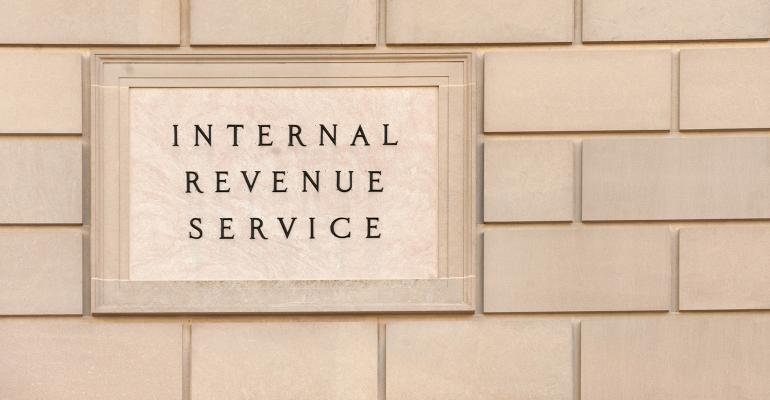The Internal Revenue Service recently issued Notice 2024-35, waiving any excise tax for failure to take required minimum distributions for 2024 for certain inherited retirement accounts subject to the 10-year rule in light of the delay in issuing final regulations under the Setting Every Community Up for Retirement Enhancement (SECURE) Act.
Recall that the proposed regulations had surprised practitioners in stating that if the retirement account owner dies after their required beginning date and the beneficiary is subject to the 10-year rule, they still have to take RMDs in Year 1 to Year 9 based on their life expectancy (or possibly the oldest trust beneficiary’s life expectancy if it’s an accumulation trust that is beneficiary). This variation of the 10-year rule can also apply in situations when a designated beneficiary or eligible designated beneficiary who was taking RMDs over their life expectancy died in 2020-2023 (for example, an IRA owner died in 2013 pre-SECURE, leaving an IRA to a child, who then dies in 2022 or an IRA owner dies in 2022 post-SECURE leaving an IRA to an EDB who starts taking over their life expectancy and then dies in 2023 – both situations start new 10-year rule).
The Notice states that final regulations will be issued and take effect on Jan 1, 2025. This Notice follows similar IRS Notices issued in prior years after the proposed regulations were issued in 2022 on the same issue.
The Notice doesn’t say there’s no RMD; it just says that the IRS is waiving any penalty for failure to take it. So, if you’re a trustee of a trust that’s a beneficiary and the instrument tells you to take the RMD, you may still want to take it, particularly if there’s a beneficiary whose distributions would be adversely affected by a failure to take one (for example, a conduit trust or qualified terminable interest property trust). It might be prudent for beneficiaries to take distributions to spread out income for financial reasons, even if they can avoid penalties for failure to take one.
This Notice has no application to situations in which owners die before their required beginning date. This includes Roth IRAs that have no RBD while the owner is living, and therefore, owners are always deemed to die before their RBD. In such cases, there are no RMDs for beneficiaries subject to the 10-year rule until the 10th year.

